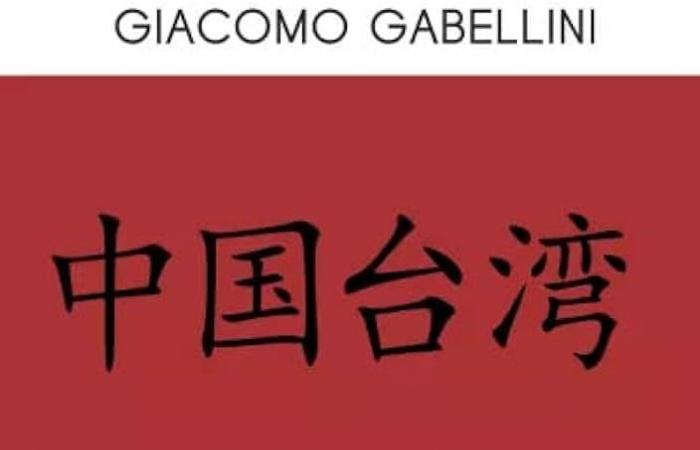Gabellini's job was a complicated one: to make tangible a jagged history, full of difficulties, that of Taiwan. The island at the center of not only the Asian but also the global chessboard has a fascinating history, made up of a quantity of facets and symbols that even by trying to remember some of them would be doing an injustice to the others who have fallen into oblivion of memory. And then Gabellini, with mastery, manages to extricate himself from these complicated plots, leading the reader to understand the genesis of the new tensions in the Pacific area. To use the words of Fabio Massimo Parenti – who prefaced the book – a complex problem like the Taiwanese one is analyzed by arriving at its destination (the present day) starting from very far away.
There are jurisprudential references that are not out of place and the research is of quality. It is important that two years ago Gabellini also gave us the opportunity to reflect on US hegemony with his essay “Monroe Doctrine” which has quite a few connections, even indirect, with this other focus on the most important island in the Pacific.
This is a real Taiwan affair, which allows us to reflect on the rise of the Republic of China as a whole and to ask ourselves whether it makes sense to worry about this rising giant.
The fifth chapter is the most accurate in this: the Asian pivot gives the opportunity to have a 360-degree view on the issue, also bringing the different example of Hong Kong to the scene. With an ever attentive eye towards the Ukrainian-Russian conflict, Gabellini's criticism of the Old Western world is clear, guilty of setting himself up as a champion of justice, he is unable to consciously manage the conflicts (of all kinds) that arise very little outside the doors of the house.
A book to have on the shelf, which will be even more useful to us in the future. The next one.






